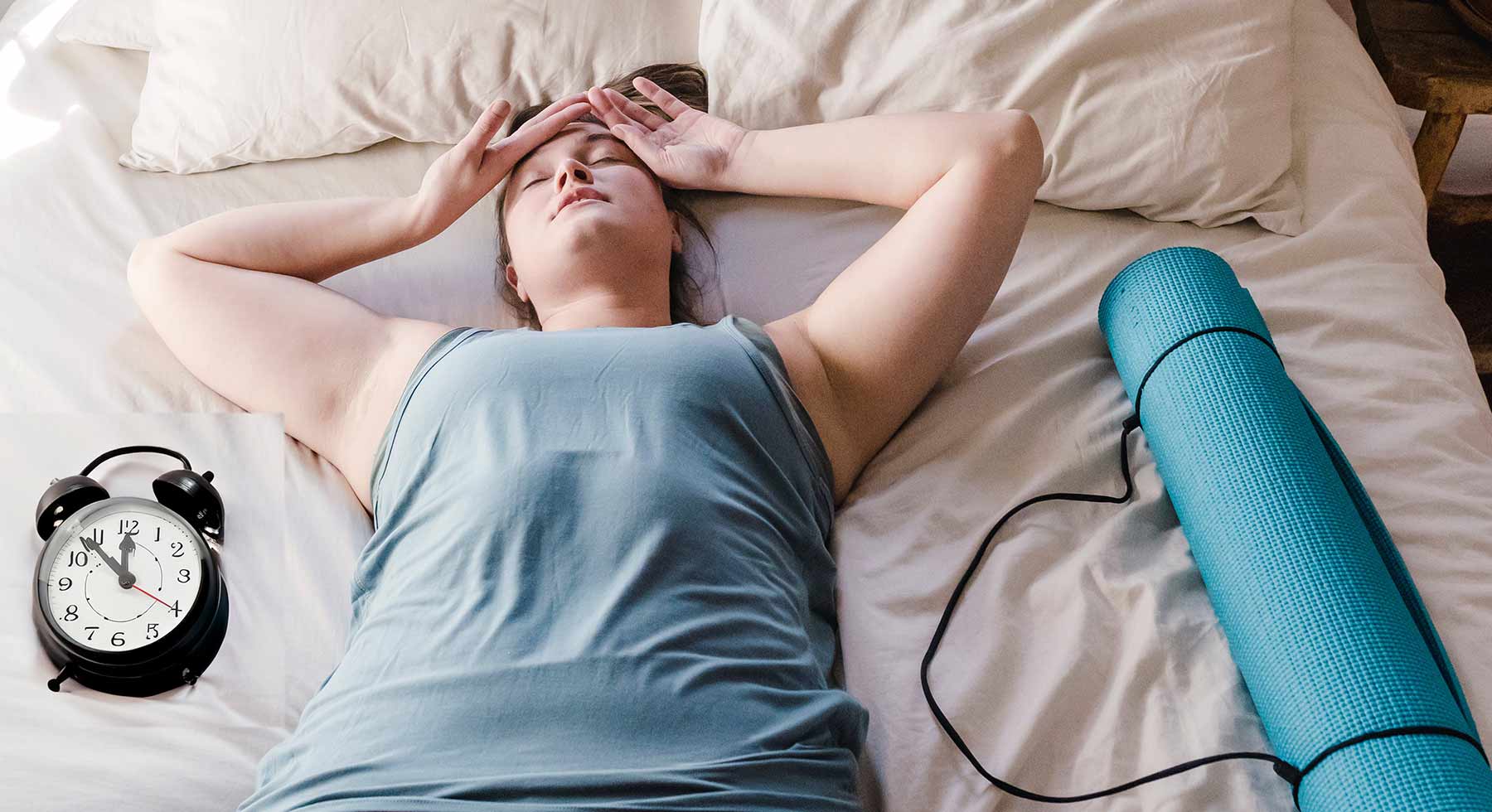
Sleep! is the most cherished segment of our day, yet the one we receive the least of, True isn't it! We all know that 8 hours of sleep is essential for our body to function efficiently. That is old science now. What if I say that sleep is individualized? That means achieving restful sleep is connected to factors like one's level of physical activity, lifestyle, age, gender, and, notably, mental health (we mustn't disregard this factor).
Did you know that ensuring you get good quality sleep is linked to a positive impact on increasing muscle mass and improving performance? Yes, you read that right! How does sleep affect Muscle growth?
Glucose, as we are aware, is a type of sugar stored within the body and used up as energy. When you sleep, your body replenishes glycogen, the fuel source for your muscles and generates essential hormones that play a pivotal role in muscle growth and repair.
The "Human Growth Hormones" is one of the primary compounds that help in muscle building and recovery. The production of growth hormone (GH) sleep quality is equally significant as sleep quantity. If you fail to attain deep and restful sleep, your body might not be capable of generating an adequate amount of growth hormone (GH) necessary for optimal muscle growth and repair. It underscores the importance of cultivating healthy sleep habits, including avoiding caffeine or other stimulant-containing beverages close to bed time, refraining from strenuous physical activities at least two hours before bedtime, and establishing a consistent sleep routine.
Now the next question is, How can you get Quality Sleep?
Easier said than done! Irregular has become the new regular in this hassle-free life, but the Golden Rule is to keep a regular sleep schedule.
Food can also help improve your sleep quality.
- Kiwi: Serotonin hormone plays an essential role in regulating the sleep-wake cycle, which serves as a precursor for the hormone melatonin. And Kiwi fruit is a rich source of serotonin.
- Tart Cherry: Tart cherries have lots of melatonin, a sleep hormone, and they may also help reduce inflammation, which can aid better sleep.
- Walnuts: Walnuts are a fantastic way to get tryptophan, an amino acid that helps improve sleep. In the brain, tryptophan changes into serotonin, which promotes sleep.
- Milk: Milk's ability to improve sleep is due to its content of tryptophan, an amino acid that supports sleep, and its inclusion of casein tryptic hydrolysate (CTH), a blend of milk peptides that can reduce stress and enhance sleep quality.
Take Home Message
Diet, Training, Hydration, Sleep and Supplementation are 5 keys that can work synergistically to help you achieve your performance goals. Be sure to maintain a consistent sleep schedule to experience the positive impact firsthand. Sleep Tight!

